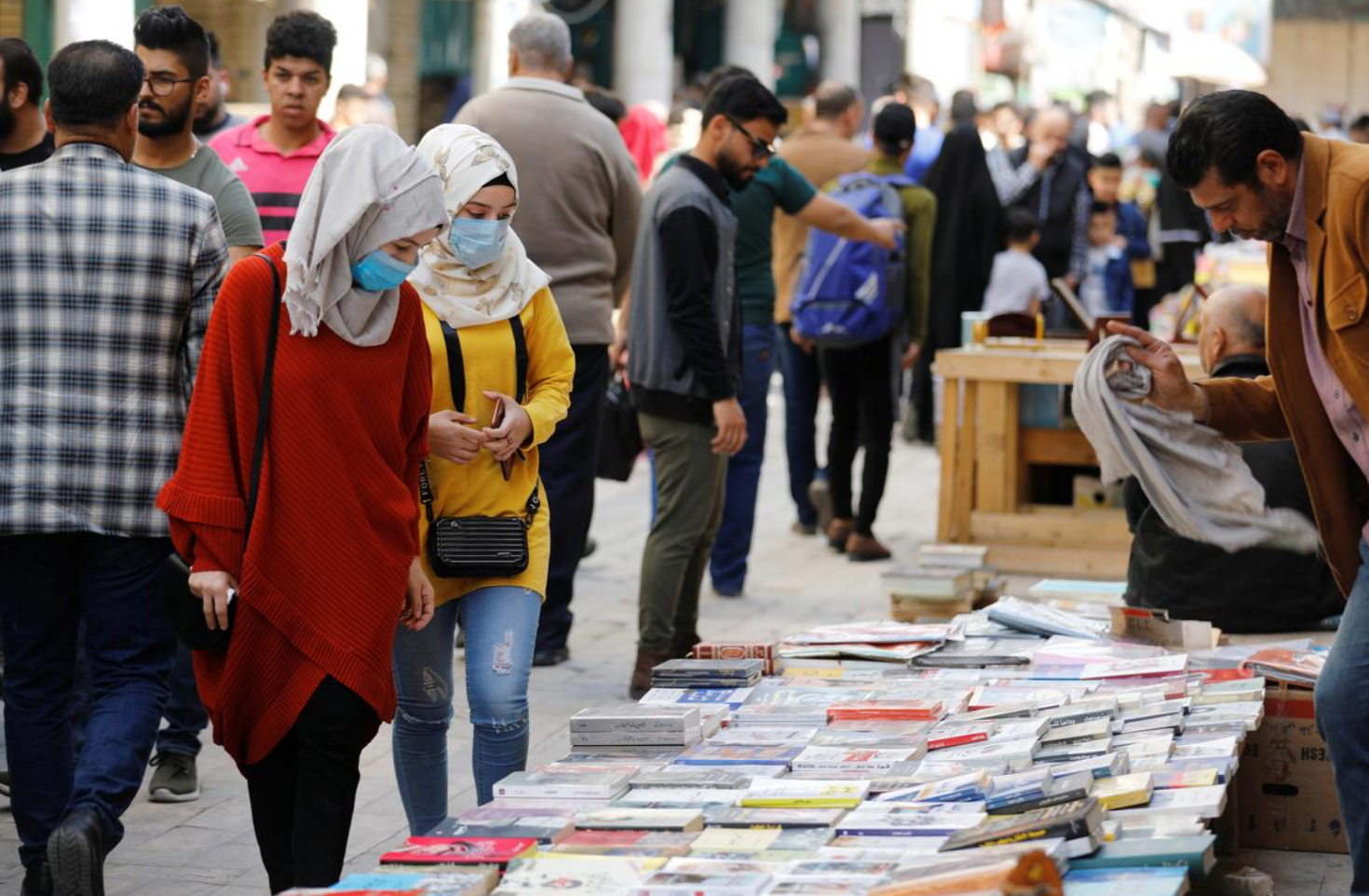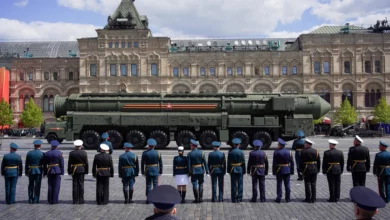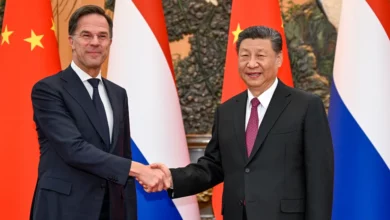
SINGAPORE/WASHINGTON (Reuters) – Governments and central banks readied more emergency measures to tackle the economic impact of the coronavirus on Friday, helping financial markets pare some of their steep losses, while more major events were canceled or postponed.
Canadian Prime Minister Justin Trudeau’s wife, Sophie, was among several thousand people newly diagnosed with the COVID-19 respiratory disease that has now infected almost 135,000 and killed more than 4,900 worldwide.
Experts warn that due to a lack of testing and unreported cases, many more people may be affected by the outbreak that emerged in the Chinese city of Wuhan late last year.
A host of major sporting events were affected, with the Players Championship golf halted and the Australian Formula One Grand Prix scrapped.
Europe’s leading soccer leagues were placed on hold, the top men’s tennis circuit was suspended for six weeks, the National Hockey League shut down and cricket matches ordered to be played without fans.
LOSING LOVED ONES
Travelers in Europe rushed to board flights to the United States after U.S. President Donald Trump imposed sweeping restrictions on travel from the continent, a decision that angered European leaders and frightened investors.
Trump also suggested the 2020 Olympics in Tokyo could be delayed by a year.
“Maybe they postpone it for a year … if that’s possible,” Trump told reporters. “I like that better than I like having empty stadiums all over the place.”
Tokyo 2020 organizers insisted they were moving ahead with preparations to hold “safe and secure” Games on schedule, starting in July.
European leaders warned things would get worse before they get better.
“It’s going to spread further,” British Prime Boris Johnson told a news conference. “I must level with you, level with the British public – more families, many more families, are going to lose loved ones before their time.”
French President Emmanuel Macron said the country was facing its worst public health crisis in a century and announced measures including the closure of schools, creches and universities from Monday.
In Italy, where the death toll passed 1,000 in Europe’s deadliest outbreak, the government imposed a blanket closure of restaurants, bars and almost all shops except food stores and pharmacies.
By contrast, South Korea – where an outbreak surged at around the same time as Italy’s – reported the number of people recovering from the virus outpaced new infections for the first time, raising hopes that Asia’s biggest epidemic outside China may be slowing.
South Korea has aggressively tested for infections and tracked suspected carriers with cell phone and satellite technology, whereas Italy has tried to curb the movements of its entire population of 60 million people.
Several Latin American countries stepped up measures to slow the spread of the virus, halting European flights, banning public gatherings and closing schools.
Australia’s prime minister, Scott Morrison, advised against gatherings of 500 people or more but not for schools, universities, public transport or airports. He said he was going to a rugby match on the weekend.
Thailand issued a warning to the party-going public after a cluster of 13 cases was traced to a group of friends who shared cigarettes and drinks.
Small island states in the Pacific, ill-equipped to deal with an outbreak, imposed strict lock-down measures including denying access to supply vessels and prohibiting human-to-human contact during aircraft refueling.
But the spread of the virus at its epicenter in China’s Hubei province has slowed markedly amid strict transport curbs on movement and lockdowns.
Just five new cases were reported in the provincial capital of Wuhan on Friday while no locally transmitted infections were reported in the rest of the country.
Reporting by Tom Westbrook and Steve Holland; Additional reporting by Mily Chow and Wang Jing in Beijing, Daniel Leussink and Kaori Kaneko in Tokyo, Wayne Cole, Colin Packham and Jonathan Barrett in Sydney, Rama Venkat in Bengaluru, Khanh Vu and Phuong Nguyen in Hanoi, Hyonhee Shin in Seoul; Writing by Lincoln Feast; Editing by Stephen Coates, Robert Birsel
Image: Iraqi women wear protective face masks, following an outbreak of coronavirus, as they look at books at Mutanabbi Street in Baghdad, Iraq March 6, 2020 (REUTERS/Khalid al-Mousily)




